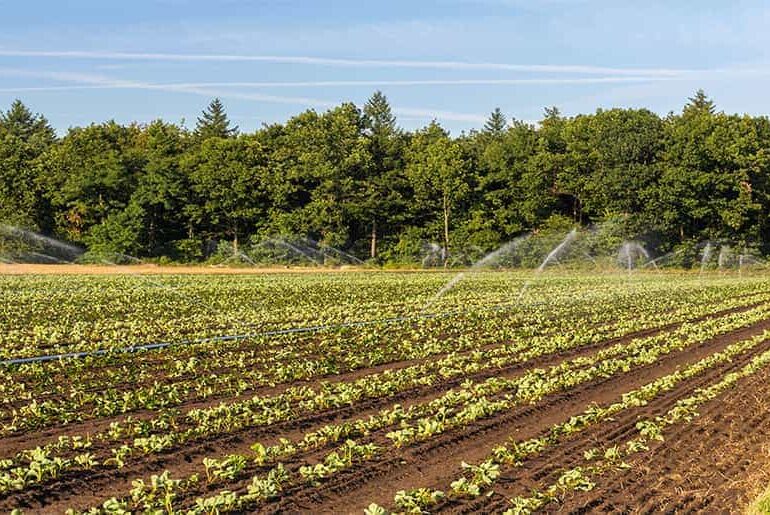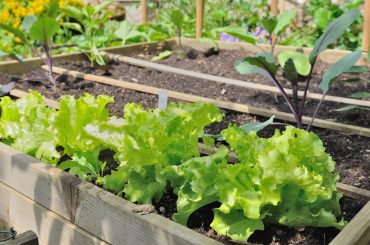What is Organic farming ?
Organic farming is a farming method, where crop, animal and farm wastes, aquatic waste and other biological materials are used. This method is completely safe for the soil and for the environment as it doesn’t use any chemicals. The soil remains alive and in good condition.
8 Reasons Why We Need More Organic Farming?
Organic farming is a profitable farming method. Organic foods are not only good for consumer’s health but also this method is an ethical choice. We have no right to harm our environment, so if we think ethically, we should practice more organic farming for reducing the harmful effect. Organic farming has numerous environmental benefits.
Reduces the Amount of Pesticides and Chemicals in the Environment
U.S. organization the Organic Trade Association reports, if every farmer in the U.S. starts to practice organic farming, they could reduce 500 million pounds of persistent pesticides from entering the environment annually.
Increases the Fertility of the Soil
Healthy soil produces healthy foods. If you continuously use pesticides and chemicals, soil fertility will decrease. The soil will lose its capability to thrive on. So, natural cultivation practices are better options.
USDA Agricultural Research Service (ARS) shows a report after studying nine-years that organic farming builds up organic soil better than conventional farming.
Dr. Elaine Ingham reports that, just one teaspoon of organic soil contains 600 million to 1 billion beneficial bacteria from 15,000 species. On the other hand, one teaspoon of soil treated with chemicals contains only 100 helpful bacteria.
Resists the Erosion of the Land
Erosion problems are extremely serious. They affect the land, food supply, and humans. Organic farming helps to prevent soil, and land erosion.
A major study estimates that organic treated wheat fields feature eight more inches of topsoil than the chemically treated field. Additionally, only one-third of erosion occurs compared to chemically treated field.
Tackles the Problem of Global Warming
Now-a-days, global warming is a main concerning issue. Human actions are largely responsible for this.
However, according to Rodale Institute Farming Systems Trial, a healthy organic agriculture system can reduce carbon dioxide. Carbon dioxide is the main culprit of global warming. To slow climate change, every farmer should practice organic agriculture.
Holds Water in the Ground and Maintains Water Purity
We cannot produce any plants without water. So, water is a vital element. But due to the use of noxious chemicals, water health is at risk. This is also dangerous for people and planet.
According to American Rivers, major water pollution occurs from non-organic farms. Non-organic farms use harmful pesticides, toxic fertilizers, and animal waste that mix with water and cause pollution.
Organic farming helps to prevent pollution runoff, and keeps water supply clean.
Organic farming also helps to conserve water. For example, cotton is a demandable crop. It needs a lot of water and irrigation when grown in traditional way. However, organic cotton farming requires less irrigation and thus preserves water.
Interrupts Algal Blooming in the Water and Environment
Algal blooms (HABs) have adverse effects on the health of people and marine animals and organisms. Algal blooms also negatively affect local and regional economies. Conventional farming causes algal blooming because they often use petroleum-based fertilizers.
Organic farming discourages to form algal blooms and keep the environment safe.
Guarantees a Healthy Habitat for the Animals
Organic farming may preserve natural habitat areas. As a result, insects, birds, fish, and all sorts of animals can live happily on farm. Thus, organic farming aids in natural pest control.
Expands Healthy Biodiversity
Reduced biodiversity rises in infectious disease which is not good for people or the planet. So, we need more and more biodiversity to keep our world healthy. More biodiversity makes the farm more stable.
Organic farming encourages healthy biodiversity. Healthy biodiversity plays an important role in ensuring that the farm is how much resilient to problems, such as disease, bad weather, and pests.





